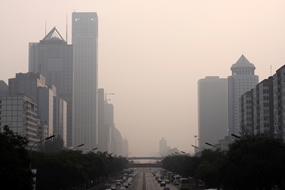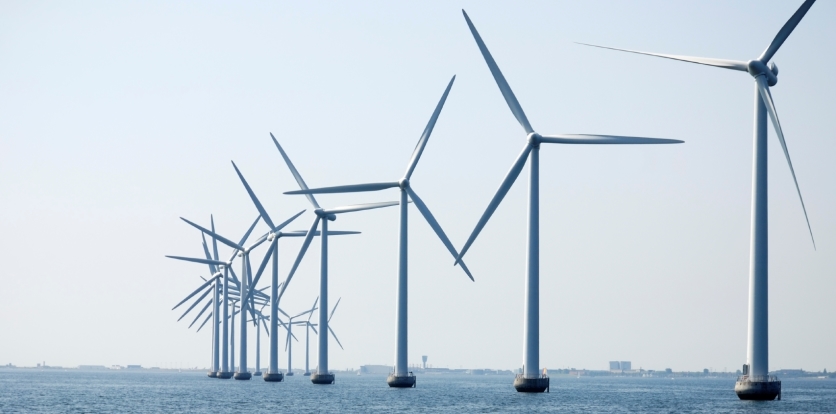The green year

2015, the warmest year since thermometers were invented – with a temperature (in the first 10 months) of 0.86 degrees Celsius higher than the average of the last century – seems to be the year that has awakened the public opinion conscience on the issue of eco-sustainability.
Already in 2011, the English world-renowned sociologist and politician Anthony Giddens – representative of the so-called “third way” between social democracy and liberal capitalism, that has been the ideological substratum of Tony Blaire and Bill Clinton – wrote a book entitled The Climate Change Policy, stating the need for a comprehensive planning policy that allows to drastically reduce greenhouse gases in the atmosphere.
«Global warming is a problem different from the others», says Giddens, «in its scale and because it is primarily concerned with the future (...) The paradox is that, since the dangers produced by global warming are not tangible yet, immediate and visible in the course of daily life, many people will stay with our arms folded and do nothing concrete to avoid them. If, however, it expects that the dangers become macroscopic and serious (...) before being led to serious action, it was not sure at that point it will be too late».

Curiously, the text in question came out in Italy only in 2015, almost simultaneously with the Clean Power Plan announced by Barack Obama. The US president plan is very ambitious: it aims to reduce emissions of carbon dioxide by 32% before 2030, reduce the energy bill of about $ 155 billion in the decade from 2020 to 2030 and create tens of thousands of new jobs thanks to investments in renewable energy and their infrastructure.
A plan inspired by the proposal of the Democratic Party candidate for the Presidential Elections in 2016, Hillary Clinton, to decarbonize the United States. In particular about 500 million solar panels will be installed in the country, with the capability to product the energy of 140 nuclear reactors.
In addition to being the year of the Expo in Milan titled “Feeding the planet, energy for life”, 2015 is also the year of the papal encyclical Laudato Si’, which states that climate change is a «sin against creation» and in which Pope Francis, taking the issue head on, rails against the emission credits to the Kyoto Protocol, calling for a «radical change to the occasion».
Not forgetting the COP21 conference (30 November-11 December 2015), whose purpose is to lead to an international climate agreement to limit global warming below 2° C, on the basis of the work conducted by the COP20 in Lima.
According to Giddens, Europe is crucial for eco-sustainability. He finds in the European Union the only supranational entity where today it is possible to sign multilateral agreements between states to fight against climate change effectively. Indeed Europe, still today, is the context of the more ambitious policies to reduce the impact of climate change. We hope that, after the realization, a strong and unified action will follow and that 2015 will be remembered as the year in which we started seriously to work to safeguard our future.

